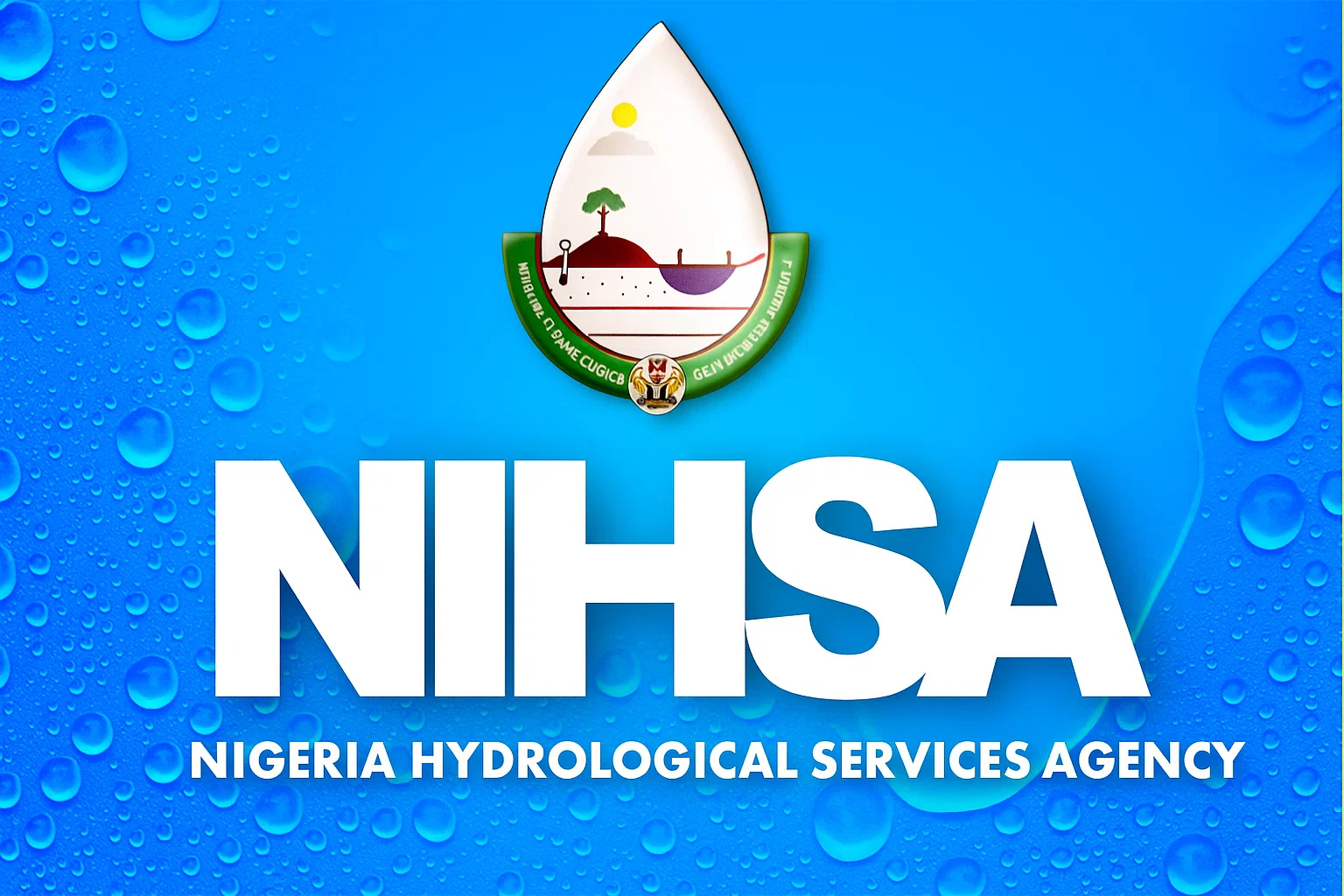HEALTH

NIHSA RAISES ALARM OVER TOXIC GROUNDWATER IN LAGOS, KEBBI, AND KOGI
The Nigeria Hydrological Services Agency (NiHSA) has raised concerns over alarming levels of groundwater contamination in parts of Lagos, Kebbi, and Kogi States, cautioning that prolonged consumption could lead to serious health problems.
Director-General Umar Ibrahim Mohammed disclosed the findings in Abuja while presenting the agency’s latest Water Quality, Flood Assessment, and Validation reports.
He revealed that samples from Ikeja and Ikoyi in Lagos, Argungu in Kebbi, and Lokoja in Kogi showed high concentrations of harmful substances.
According to Mohammed, the water contained elevated levels of nitrite, fluoride, lead, and cadmium, along with widespread microbial contamination. He explained that these pollutants—stemming from industrial waste, sewage infiltration, leachate from refuse sites, and aging pipelines—pose significant health risks.
“Lead exposure can impair neurological functions, cadmium harms the kidneys, nitrites are linked to blue-baby syndrome, and excessive fluoride may cause skeletal and dental deformities,” he stated.
Floodwater intrusion and failing drainage systems, he added, are worsening the contamination, while poor dissemination of early-warning information has left many residents vulnerable.
In Kogi, groundwater tests showed lead levels ranging from 0.56 to 12.0 mg/L, alongside E. coli, Streptococcus, and Salmonella, signaling severe faecal contamination and a high risk of waterborne diseases.
In Kebbi, arsenic levels between 0.75 and 4 mg/L were detected in several communities, along with heavy microbial presence, which, according to Mohammed, could lead to arsenicosis, liver damage, and gastrointestinal illnesses if exposure continues.
The NiHSA boss called for immediate coordinated action, urging governments to prioritise public awareness, strengthen water safety measures, and ensure access to treated, potable water.
Water resources expert Engr. Mathew Ajisafe advised households in affected areas to avoid consuming water from wells and boreholes, recommending that state governments provide treated water through public utilities.
"This represents a significant development in our ongoing coverage of current events."— Editorial Board









